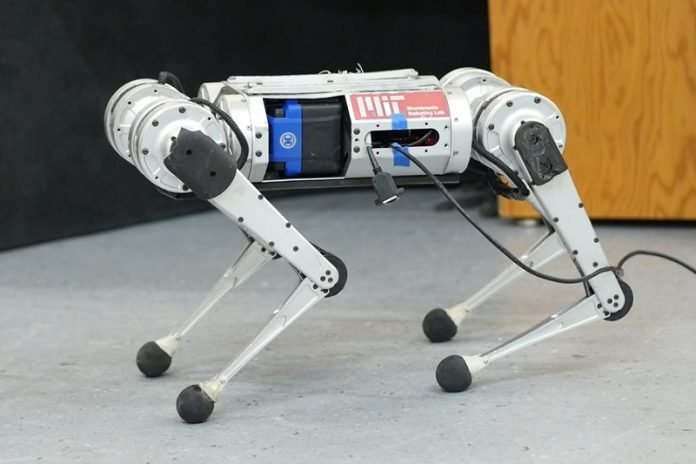
Researchers supported by the U.S. National Science Foundation taught a robotic mini-cheetah how to run — fast.
The robot cheetah, trained to adapt to changes in terrain by simulated experience, broke the record for the fastest run recorded.
The team used a “learn by experience” model to train the robot cheetah.
Humans have built robots that can walk, lift and jump, but fast and efficient running has not been in the robot animal repertoire.
Until now. Running requires robots to respond to changes in the environment and terrain fast.
Using the learn by experience model, artificial intelligence and machine learning, the team taught the robot cheetah how to adapt to changes in its environment while in motion.
Using simulated scenarios, the robot can experience and learn from different terrains in a short time.
Manually training robots to adapt is a timely, labor intensive and tedious endeavor, the researchers say.
Teaching robots to teach themselves might solve the scalability problem and allow the robots to build a more diverse set of skills and functions, the scientists believe.
They’ve now begun applying their approach to a wider set of robotic systems.



